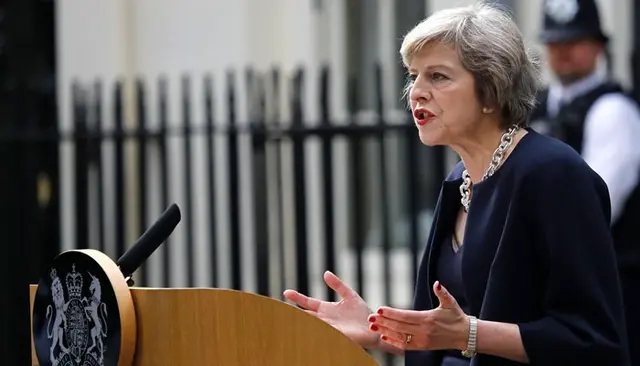In fast moving events, the UN Security Council canceled on Tuesday an emergency late afternoon session on Syria following Russia's reported rejection of a tough French proposal for international control of Syria's chemical weapons.
Paris had said it would introduce a draft resolution to the 15- member panel based on a Russian proposal for Syria to allow inspection and control of its chemical weapons.
Also Tuesday, Syrian Foreign Minister Walid al-Moualem was reported to have endorsed the Russian proposal.
"It's the credible threat of force that has been on the table for these last weeks that has, for the first time, brought this regime (of Syrian President Bashar al-Assad) to even acknowledge that they have a chemical weapons arsenal," U.S. Secretary of State John Kerry said Tuesday, appearing before the U.S. House Armed Services Committee on the American threat of military strikes against Syria.
It was learned that the Paris proposal for the Security Council carried a UN Chapter VII threat of military force if Damascus did not agree to relinquish control.
Chapter VII says the Security Council may authorize that military force could be used if other sanctions prove ineffective "to maintain or restore international peace and security."
Russia, one of the five veto-empowered permanent members of the council, almost immediately balked and rejected the threat of force.
Less than 90 minutes before the start of the council's planned conference, Australian Ambassador to the United Nations Gary Quinlan, this month's president of the Security Council, said on Twitter, "Following withdrawal of the request for consultations, Security Council meeting scheduled for 4 p.m. (EDT) (2000 GMT) will not proceed."
The office of the chief UN spokesman confirmed less than an hour before the planned Security Council session that it had been canceled.
Then, late Tuesday afternoon it was reported that a Thursday meeting was proposed for Geneva between Russian Foreign Minister Sergey Lavrov and U.S. Secretary of State John Kerry to discuss Syria issue.
U.S. President Barack Obama, who had asked the U.S. Congress for approval of his plan for a military strike against Syria, requested earlier that the U.S. Senate put off an imminent vote on the issue.
Hundreds of people were reportedly killed in the Ghouta neighborhood of Damascus, the Syrian capital, on Aug. 21, allegedly by chemical weapons. Obama had warned Syria last year, amidst unconfirmed reports of the use of chemical weapons, a "red line" would be crossed by Damascus if it were confirmed such weapons were used.
UN Secretary-General Ban Ki-moon told reporters on Monday the G20 Summit in St. Petersburg last week was dominated by talk of the possible use of chemical weapons in the 2.5-year-old Syrian civil war, the hundreds of victims and Obama's threat of attack.
Ban called on Damascus to join the Organization for the Prohibition of Chemical Weapons (OPCW) and relinquish control of its reported stockpile.
Obama and Putin met for about 30 minutes on the sidelines of that summit before Lavrov suggested Syria surrender its chemical weapons.
A UN team to investigate earlier reports of chemical weapons in Syria was in Damascus on Aug. 21 and ordered to "prioritize" investigation of Ghouta attack over three other alleged chemical attacks.
It brought its material, in the form of interviews and physical evidence to The Hague, where OPCW is based. Samples were sent to various laboratories for evaluation. Results of the inquiry on whether chemical weapons were used, not by whom, was expected as early as later this week.
 简体中文
简体中文

